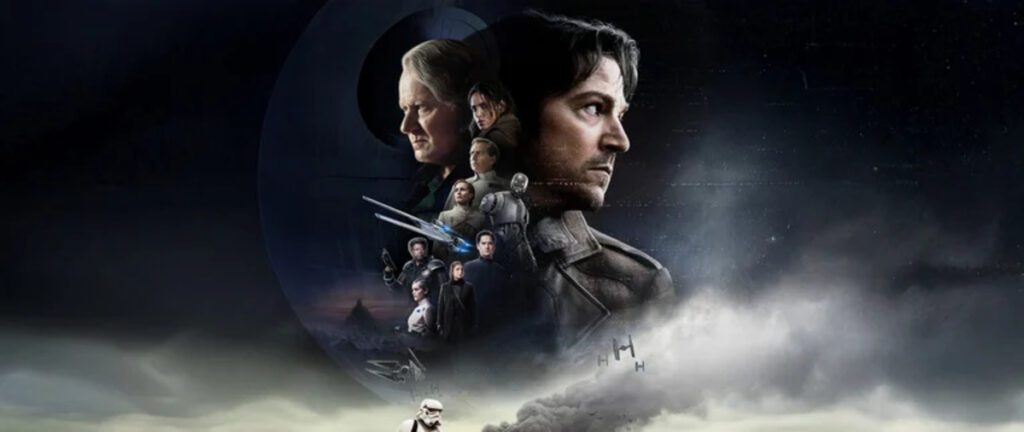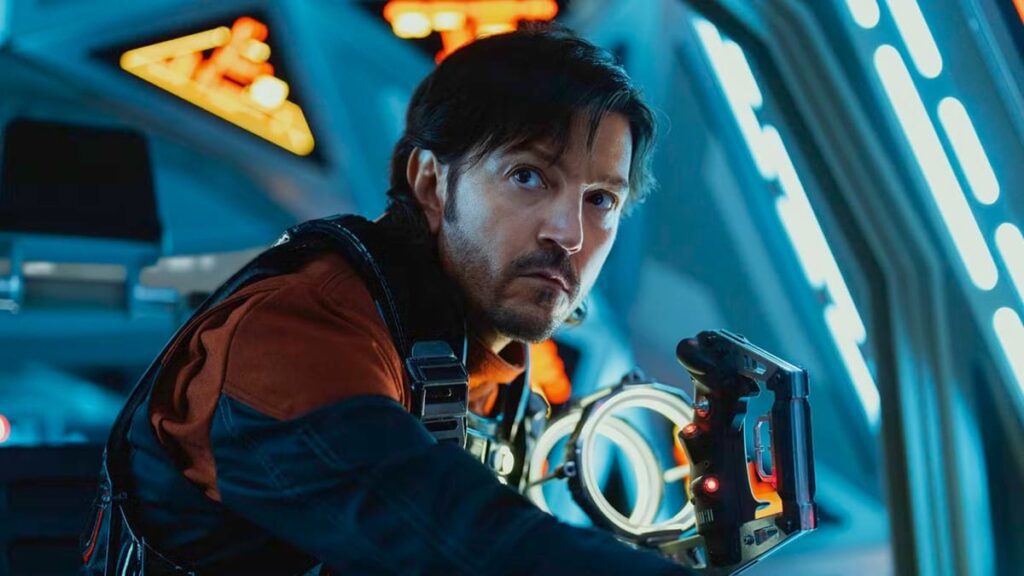For fans of the Star Wars universe, the end of Andor after just two seasons feels like a bittersweet farewell. Acclaimed by both critics and audiences alike, the show has undoubtedly been one of the standout successes in recent years. But despite its popularity, Andor won’t be returning for a third season—a decision that, while difficult for fans, makes perfect sense in the context of the show’s creator and the vision for its narrative.
The end of Andor
Since the release of the sequel trilogy, Disney has flooded the market with Star Wars content, some of which has sparked enthusiasm while other shows have left fans divided. While series like The Mandalorian captured the imagination of viewers, others, such as The Acolyte, were perhaps cut too soon, leaving fans wondering about their future. However, Andor has been one of the rare exceptions to this trend. A prequel to the beloved Rogue One, the series delves into the backstory of Cassian Andor and his journey within the Rebellion. From the very first episode, it received glowing reviews, with a remarkable average of 92% on Rotten Tomatoes and a 3.9/5 score in France on AlloCiné.
Given its critical success, many were hopeful that Andor would continue for several seasons, especially considering the appeal of its well-crafted characters and intricate storytelling. Yet, with the conclusion of its second season, it has come to a surprising, yet well-thought-out, end. According to showrunner Tony Gilroy, the decision to wrap up the series was carefully considered and aligned with the broader vision for the show.
The challenges of an origin story

In an interview last month, Gilroy opened up about why Andor was limited to just two seasons. Originally, the plan was to stretch the series across five seasons, each representing a year leading up to the events of Rogue One. However, things didn’t go as planned. Gilroy explained that Disney’s initial request for a 12-episode first season made him realize how ambitious the project was. “When we started preparing the show, we realized just how naïve we were,” he admitted. “There were so many challenges, it was far more complicated than we had anticipated.”
As the writing progressed, Gilroy came to the realization that the initial five-season concept simply wasn’t feasible. “I was working on the final rewrites for season one, thinking about what would come next, and I sat down with Diego [Luna], and we just looked at each other and said, ‘We’re doomed, how are we going to pull this off?'” The scale of the story proved to be too much for Gilroy and the team, forcing them to rethink their approach. Still, Gilroy was committed to connecting Andor to Rogue One, and that’s when he came up with the idea to drastically shorten the timeline for season two.
“I remembered we were shooting four blocks of three episodes, and we had to cover four years. Why not make each block represent a single year and skip between them?” This concept ultimately allowed him to convince Disney to adapt the series and save its narrative arc. By condensing the timeline and focusing on the key moments, Gilroy ensured that Andor remained true to its roots, offering an impactful conclusion while maintaining its connection to Rogue One.
In the end, Andor’s journey may have been shorter than expected, but it certainly didn’t lack depth or significance—proving that sometimes the best stories are the ones that know when to end.

Meet Bill, a curious mind with a rebellious streak and a shared enthusiasm for lifestyle and culture. Like his longtime collaborator William, he’s captivated by the pulse of current events. But Bill brings a twist, he thrives on spontaneity, often following instinct over convention. His unconventional flair adds a dynamic edge to the team, making every project a little less predictable and a lot more exciting.













